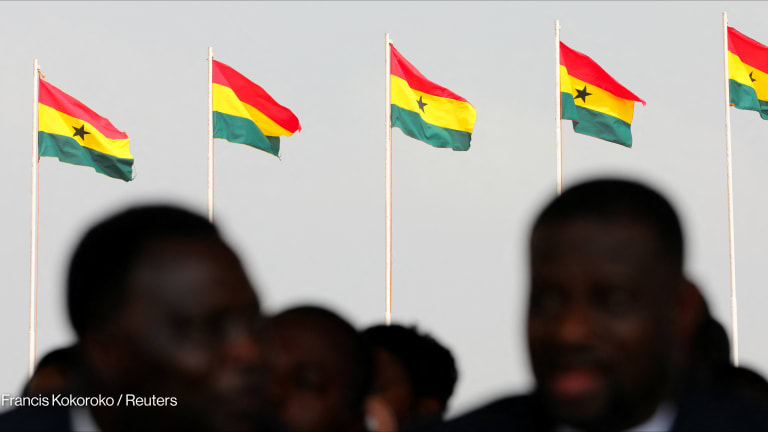G-8 leaders ended their 37th summit in France on Friday (May 27) with the announcement of a new partnership with countries in the Middle East and North Africa and a confirmation of their commitment to global development efforts. Both partnership and overall G-8 development plans drew mixed reactions from experts and members of the international development community.
The Deauville Partnership is the G-8’s response to the so-called Arab Spring and outlines the leaders’ commitment to support stabilization and economic modernization in Egypt and Tunisia, and possibly other MENA countries that will be open to reforms. The partnership commits $20 billion worth of economic aid from multilateral banks, and G-8 leaders said they aim to mobilize up to $20 billion more from bilateral sources.
Some experts praised the Deauville Partnership for laying out an important vision for engagement with MENA countries, but others criticized the G-8 for not outlining a detailed aid timeline or specific financial contributions per country. There were also others who voiced concern that the partnership and the assistance G-8 countries plan to channel through it could affect budgets for development programs in other regions of the world.
The G-8’s commitments to global efforts to improve health and food security were also outlined in the group’s final communique. These included calls for a successful pledging conference for the Global Alliance for Vaccines and Immunization and an announcement of support for reform efforts at the Global Fund to Fight AIDS, Tuberculosis and Malaria. The leaders also affirmed their commitment to fulfill past pledges to increase aid for agricultural development and to boost the effectiveness and transparency of their aid information.
Members of the international development community were mostly disappointed with this part of the G-8 communique, which most aid groups said was vague and largely lacking in concrete targets.
“World leaders have got the right words, but until action is delivered, their dither and delay will continue to cost lives,” Chris Page of World Vision U.K. noted.








